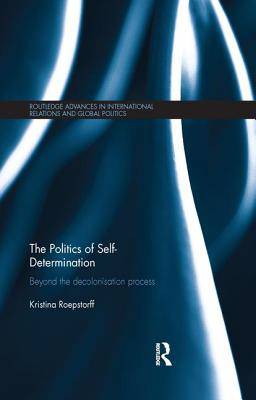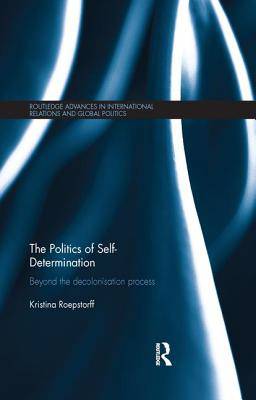
- Afhalen na 1 uur in een winkel met voorraad
- Gratis thuislevering in België vanaf € 30
- Ruim aanbod met 7 miljoen producten
- Afhalen na 1 uur in een winkel met voorraad
- Gratis thuislevering in België vanaf € 30
- Ruim aanbod met 7 miljoen producten
Omschrijving
Since the formation of the UN in 1945 the international community has witnessed a number of violent self-determination conflicts such as the disintegration of Yugoslavia, Chechnya, Kashmir, and South Sudan that have been a major cause of humanitarian crises and destruction. This book examines the scope and applicability of political self-determination beyond the decolonisation process.
Explaining the historical evolution of self-determination, this book provides a theoretical examination of the concept and background. Taking an interdisciplinary approach, the author analyses self-determination in relation to contemporary conflicts, which inform and drive a coherent theoretical framework for international responses to claims for self-determination. Built upon an examination of the conceptual foundations of self-determination, this book presents a new understanding and application of self-determination. It addresses the important question of whether self-determination claims legitimate armed violence, either by the self-determining group's right to rebel, or by the international community in the form of humanitarian intervention.
The Politics of Self-Determination will be of interest to students and scholars of political science, international relations, security studies and conflict studies.
Specificaties
Betrokkenen
- Auteur(s):
- Uitgeverij:
Inhoud
- Aantal bladzijden:
- 194
- Taal:
- Engels
- Reeks:
Eigenschappen
- Productcode (EAN):
- 9781138108714
- Verschijningsdatum:
- 16/06/2017
- Uitvoering:
- Paperback
- Formaat:
- Trade paperback (VS)
- Afmetingen:
- 138 mm x 216 mm
- Gewicht:
- 452 g

Alleen bij Standaard Boekhandel
Beoordelingen
We publiceren alleen reviews die voldoen aan de voorwaarden voor reviews. Bekijk onze voorwaarden voor reviews.











